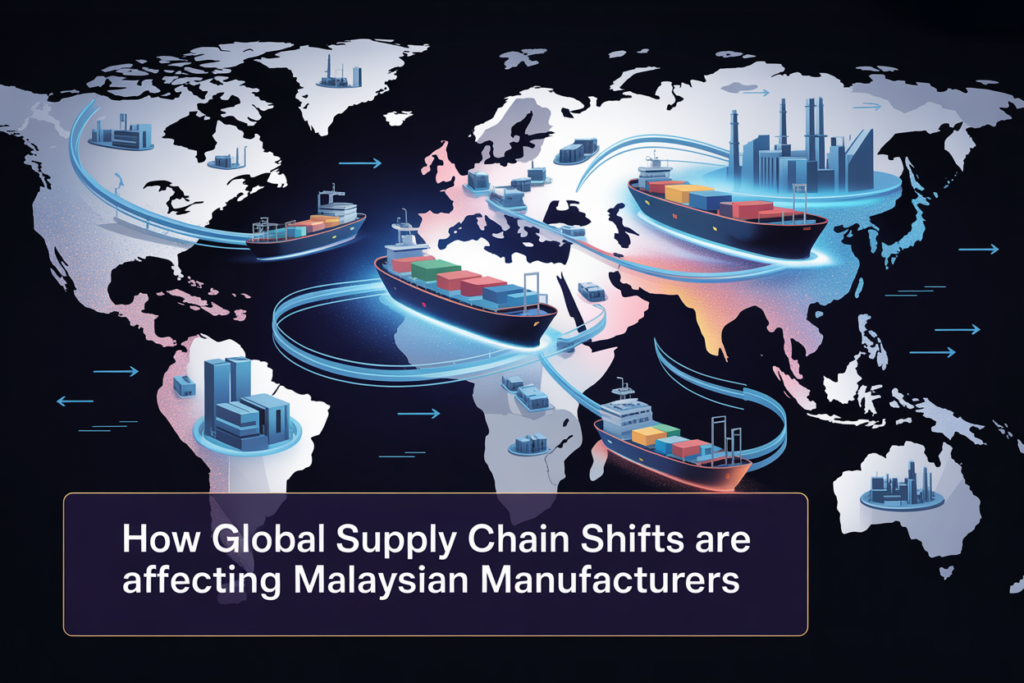
A Transforming Global Landscape
The global supply chain has experienced unprecedented disruptions in recent years. Trade wars, pandemics, geopolitical tensions, and environmental crises have reshaped how businesses operate. Malaysian manufacturers, once considered stable nodes in the international production network, are now facing both opportunities and challenges due to these shifts. From sourcing materials to exporting finished goods, every link in the chain is under pressure.
Disrupted Raw Material Access and Rising Costs

Malaysian manufacturers heavily rely on imported raw materials, particularly from China, the U.S., and Europe. With increasing trade restrictions and shipping delays, access to these materials has become less predictable and more expensive.
Key impacts include:
- Increased freight rates, often surging by over 200% since 2020.
- Shipping container shortages, leading to bottlenecks at major ports like Klang and Tanjung Pelepas.
- Raw material price volatility, especially in steel, copper, and semiconductor components.
Manufacturers in sectors like electronics, automotive, and textiles have had to seek alternative sourcing options, often at higher costs or lower quality, affecting production schedules and margins.
China+1 Strategy and the Opportunity for Malaysia
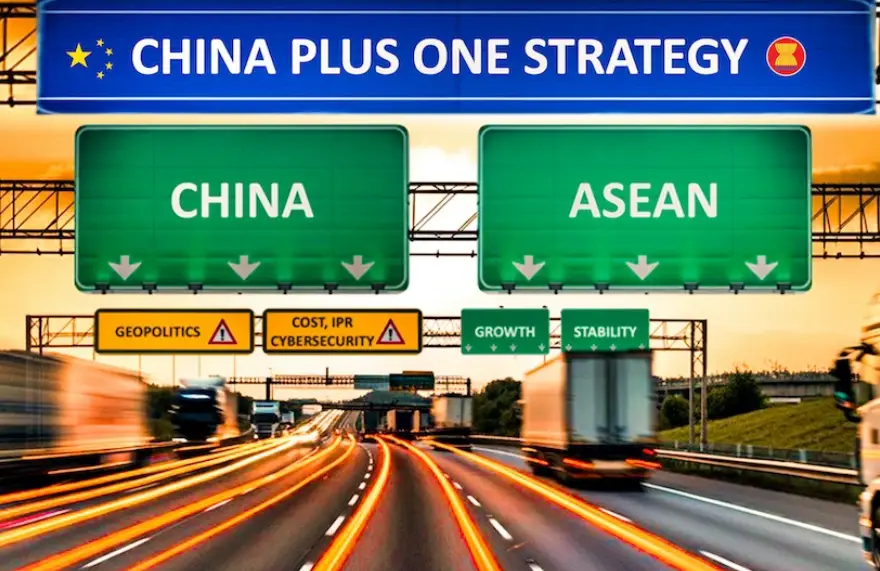
As companies diversify away from China due to tariffs and political risk, the China+1 strategy has led to renewed interest in Southeast Asia. Malaysia stands out due to its stable government, infrastructure, and skilled workforce.
Benefits Malaysia is experiencing include:
- Increased foreign direct investment (FDI), particularly from Japanese, American, and Taiwanese firms.
- The emergence of new industrial zones in Johor, Penang, and Selangor.
- Accelerated digitalization in smart manufacturing, robotics, and Industry 4.0 initiatives.
While this shift presents opportunities, it also introduces capacity challenges, labor shortages, and competition among local firms to meet international quality standards.
Technological Integration for Supply Chain Visibility
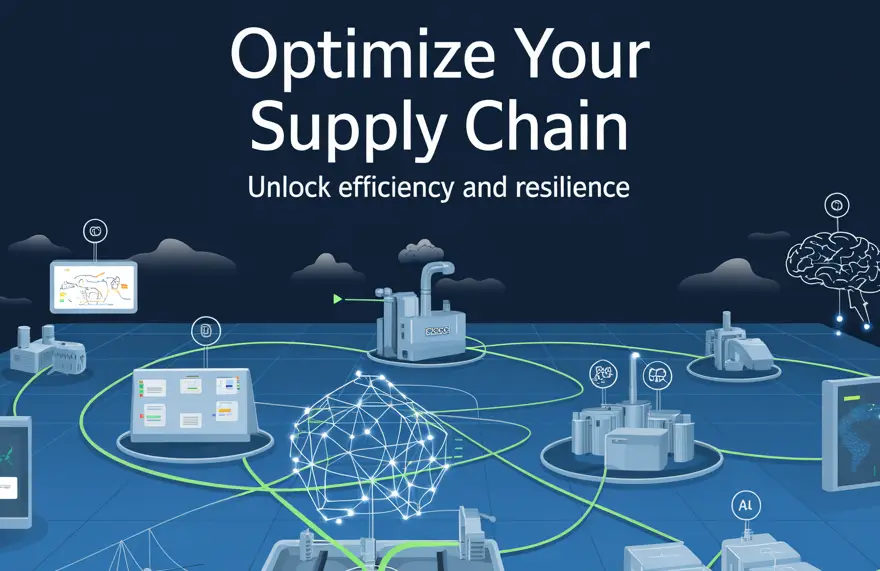
Modern supply chains demand real-time visibility, predictive analytics, and traceability. In response to global disruptions, Malaysian manufacturers are accelerating digital transformation across procurement, production, and distribution functions.
Adopted technologies include:
- Enterprise Resource Planning (ERP) systems.
- Internet of Things (IoT) for equipment monitoring.
- Blockchain for traceability and trust in sourcing.
- AI-based forecasting tools to predict demand and inventory needs.
Firms that leverage these technologies are better positioned to handle volatility, adjust sourcing routes, and communicate with global clients effectively.
Geopolitical Tensions and Regulatory Compliance
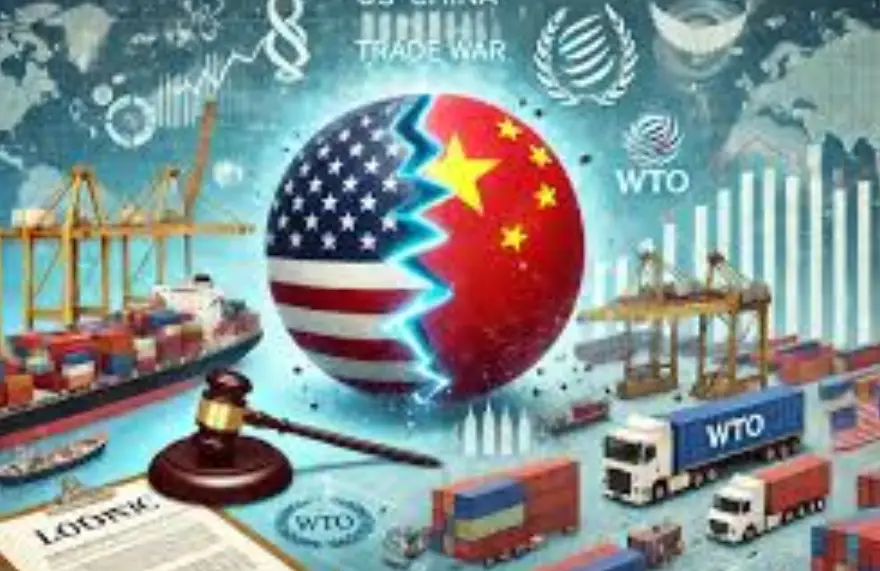
The global manufacturing landscape is becoming increasingly politicized. The U.S.-China trade war, sanctions, and new regional trade blocs like RCEP and CPTPP are shifting power dynamics.
Malaysian firms must now:
- Ensure compliance with multiple sets of trade regulations.
- Adjust to tariff changes and non-tariff barriers in different markets.
- Adopt sustainable and ethical sourcing practices to align with ESG (Environmental, Social, Governance) expectations from Western buyers.
This regulatory complexity demands a more agile, compliance-focused approach to exports and partnerships.
Environmental Concerns and Sustainable Manufacturing
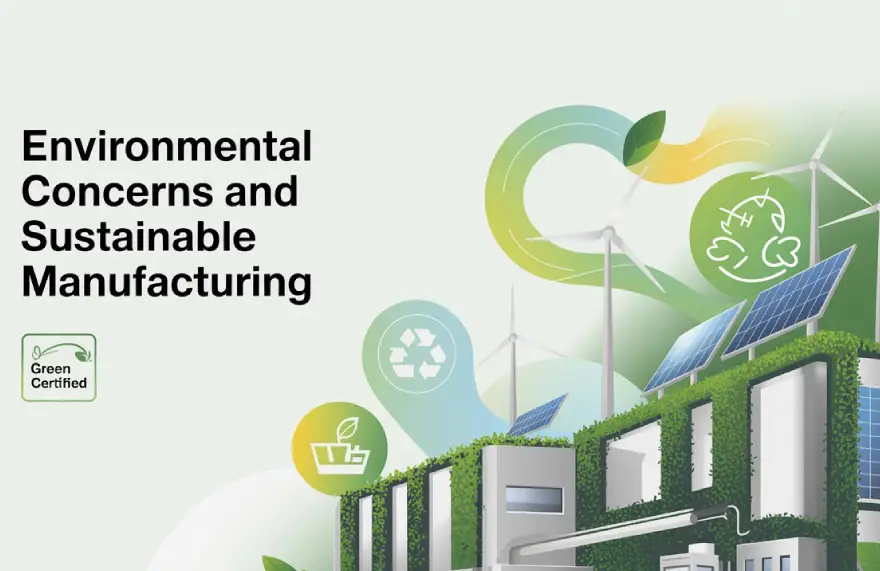
Climate-related concerns and environmental regulations are pushing global supply chains toward sustainable practices. Malaysia, as a signatory of various climate agreements, is aligning its manufacturing sector with these goals.
Key sustainability shifts include:
- Use of renewable energy in manufacturing processes.
- Implementation of waste reduction programs and circular economy models.
- Adoption of green certifications to meet international buyer requirements.
This green shift is not just a compliance issue but also a competitive advantage for firms aiming to attract ESG-conscious investors and partners.
Building Supply Chain Resilience
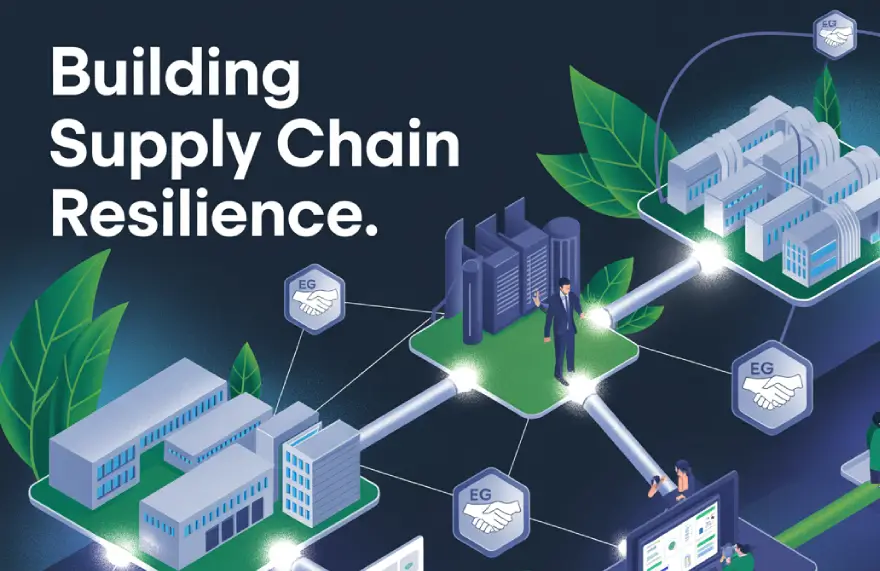
The lessons of recent years are clear: supply chain stability cannot be taken for granted. Malaysian manufacturers that adapt proactively will not only survive but thrive.
To remain competitive, firms must:
- Diversify supplier bases while maintaining quality.
- Invest in workforce development for tech-enabled roles.
- Embrace end-to-end supply chain digitalization.
- Align with sustainability goals and ESG frameworks.
- Form strategic partnerships to share knowledge and mitigate risk.
The global supply chain landscape will continue evolving, but Malaysia’s strategic location, proactive policy environment, and manufacturing capabilities provide a solid foundation to emerge as a resilient and adaptive player.
